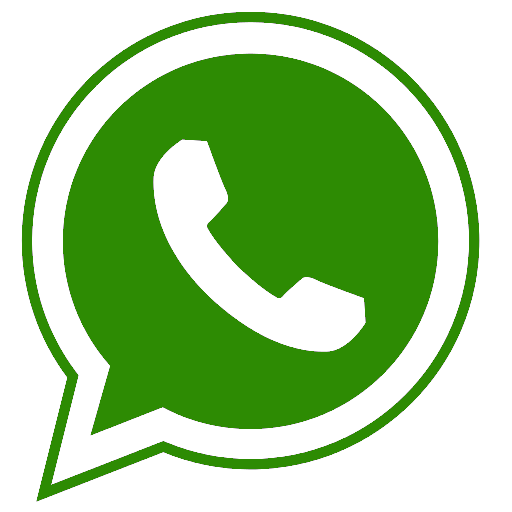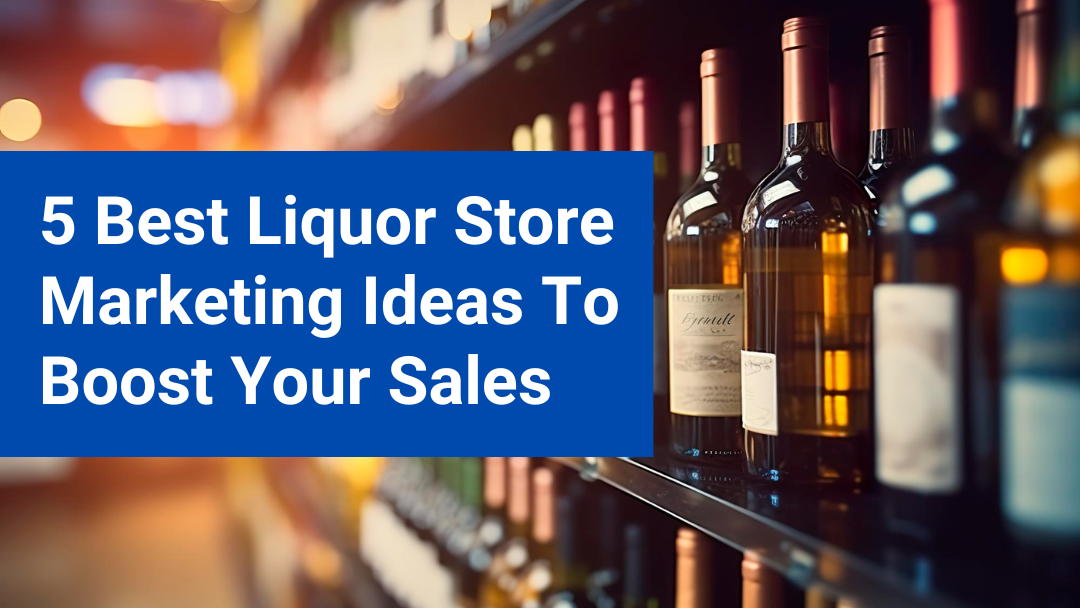5 Best Liquor Store Marketing Ideas To Boost Your Sales
Are you running a liquor store and willing to boost your sales? If yes, this article is just for you as it will give you a deep insight into best liquor store marketing ideas to boost your sales.
5 Best Marketing Ideas:
1) Social Media Campaigns:
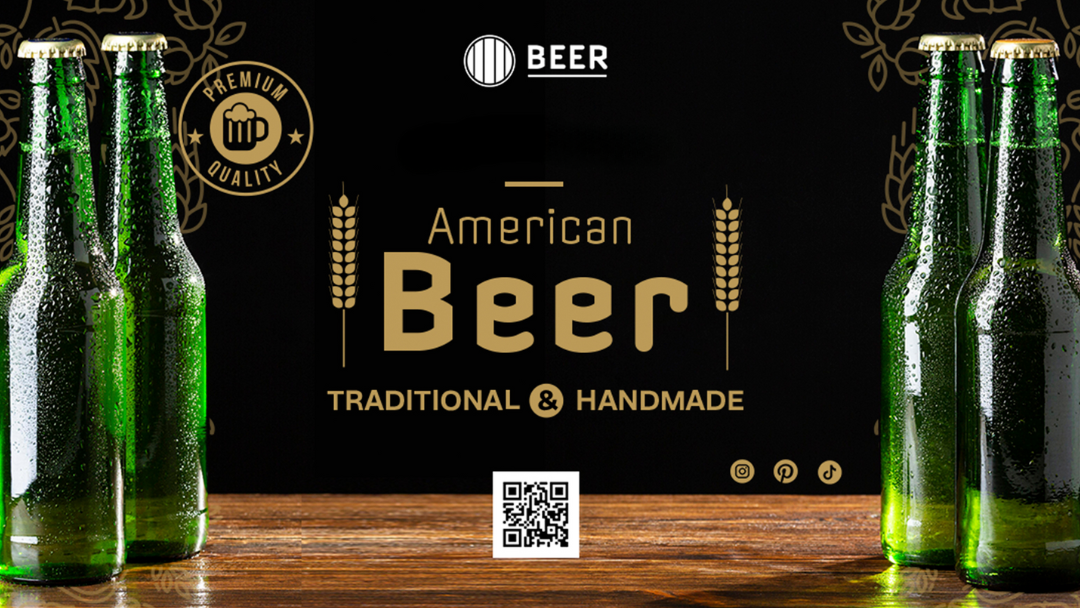
1) Increased Visibility: Maintaining an active presence on social media platforms like Instagram, Facebook, and Twitter allows liquor stores to reach a broader audience. By sharing engaging content such as product highlights, promotions, and event announcements, you can increase your store’s visibility and attract potential customers.
2) Targeted Advertising: Social media platforms offer advanced targeting options that allow liquor stores to tailor their advertisements to specific demographics, interests, and locations. This precision targeting ensures that your marketing messages reach the most relevant audience, increasing the likelihood of conversions.
3) Engagement and Interaction: Social media provides a platform for liquor stores to engage directly with their audience. By responding to comments, messages, and mentions, you can build relationships with customers, address their inquiries, and gather feedback. Engaging content such as polls, contests, and user-generated content can also foster community interaction and loyalty.
4) Showcasing Products and Promotions: Liquor stores can leverage social media to showcase their products and promotions in visually appealing ways. High-quality photos and videos of new arrivals, seasonal offerings, and special discounts can capture the attention of followers and entice them to make purchases.
5) Building Brand Identity: Social media campaigns allow liquor stores to establish and reinforce their brand identity. Consistent branding across platforms, including visual elements, tone of voice, and messaging, helps create a cohesive brand image and fosters recognition among consumers.
6) Driving Website Traffic and Sales: Social media campaigns can drive traffic to a liquor store’s website, where customers can learn more about products, place orders online, or find store locations. By including compelling calls-to-action and links in your social media posts, you can encourage followers to take the next step in their purchasing journey.
Overall, social media campaigns offer liquor stores a cost-effective and versatile marketing channel to reach their target audience, build brand awareness, and drive sales.
2) Email Newsletters:
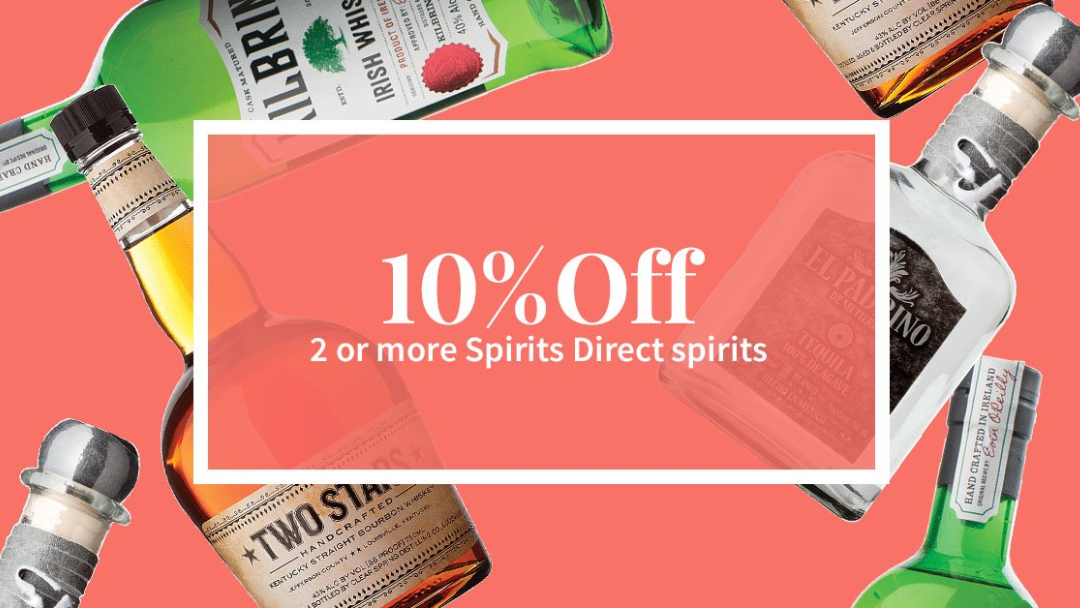
Email newsletters can be a powerful tool for liquor store marketing in several ways:
1) Direct Communication: Email newsletters provide a direct channel of communication with your customers. By regularly sending newsletters, you can stay top-of-mind and keep customers informed about new arrivals, promotions, and events at your liquor store.
2) Targeted Messaging: With email marketing platforms, you can segment your subscriber list based on factors such as purchase history, preferences, and demographics. This allows you to send targeted and personalized messages that resonate with different customer segments, increasing the relevance and effectiveness of your marketing efforts.
3) Promotion of Special Offers: Email newsletters are an effective way to promote special offers, discounts, and sales events at your liquor store. Whether it’s a limited-time promotion on a popular wine or a clearance sale on seasonal spirits, email newsletters allow you to reach a large audience quickly and encourage them to take advantage of the offer.
4) Educational Content: Use email newsletters to educate your subscribers about different types of liquor, cocktail recipes, food pairings, and entertaining tips. Providing valuable and informative content not only engages your audience but also positions your liquor store as a trusted authority in the industry, fostering customer loyalty.
5) Customer Engagement and Feedback: Email newsletters can serve as a platform for engaging with your customers and soliciting feedback. Encourage subscribers to reply to your emails with their thoughts, questions, or suggestions, and use this feedback to improve your products and services. Additionally, you can include surveys or polls in your newsletters to gather valuable insights from your audience.
6) Drive Traffic to Your Store or Website: Include calls-to-action in your email newsletters that encourage recipients to visit your liquor store in person or online. Whether it’s inviting them to attend an in-store tasting event, shop new arrivals on your website, or follow your social media accounts, email newsletters can help drive traffic and increase sales.
Overall, email newsletters provide liquor stores with a cost-effective and efficient way to engage with customers, promote products and offers, and build relationships that drive long-term loyalty and sales.
3) In-Store Events:
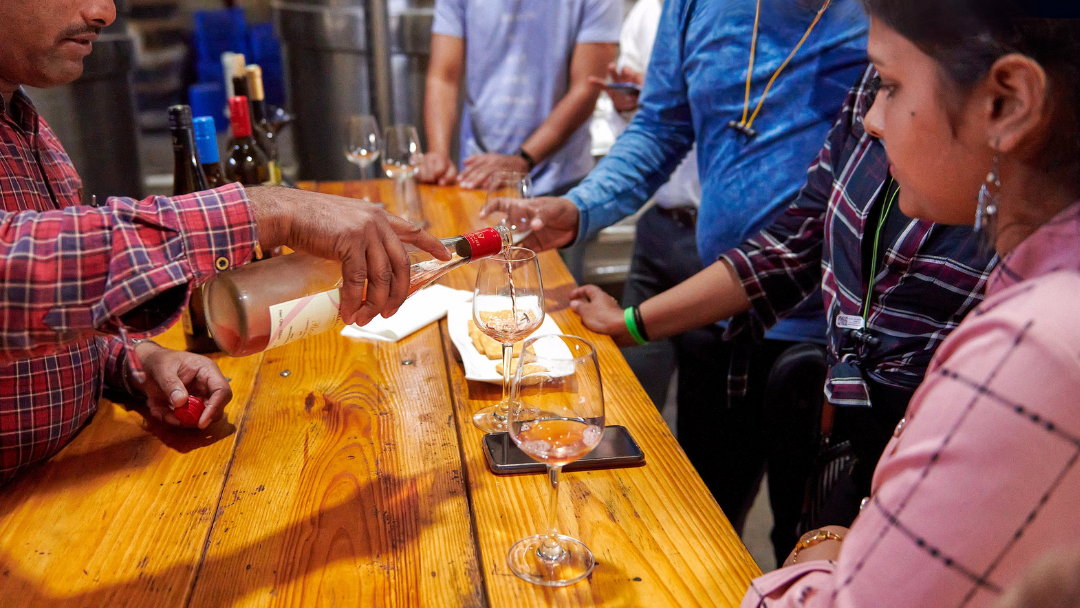
In-store events can be incredibly beneficial for liquor store marketing in several ways:
1) Increased Foot Traffic: Hosting in-store events such as tastings, themed parties, or educational workshops can attract new customers and encourage existing ones to visit your store. By offering a unique and engaging experience, you can increase foot traffic and generate excitement around your store.
2) Product Promotion: In-store events provide an opportunity to showcase your products and introduce customers to new arrivals or specialty items. Whether it’s a wine tasting featuring wines from a specific region or a cocktail-making workshop highlighting a particular spirit, these events allow customers to sample products and learn more about them, ultimately driving sales.
3) Customer Engagement: In-store events foster direct interaction between customers and your staff, creating a personalized and memorable experience. Customers can ask questions, receive recommendations, and learn about the products firsthand, which helps build rapport and loyalty.
4) Community Building: Hosting in-store events helps foster a sense of community around your liquor store. By bringing together like-minded individuals who share an interest in wine, spirits, or cocktails, you can create a social hub where customers can connect, exchange ideas, and form relationships.
5) Brand Awareness: In-store events provide an opportunity to showcase your brand and differentiate yourself from competitors. By offering unique and memorable experiences, you can leave a lasting impression on customers and reinforce your store’s identity and values.
6) Word-of-Mouth Marketing: Satisfied attendees of your in-store events are likely to share their experience with friends, family, and colleagues, generating positive word-of-mouth marketing for your store. Encourage attendees to spread the word by providing incentives such as discounts or exclusive offers for referrals.
Overall, in-store events are an effective way to attract customers, promote products, engage with the community, and build brand awareness, ultimately driving sales and fostering long-term customer loyalty.
4) Loyalty Programs:
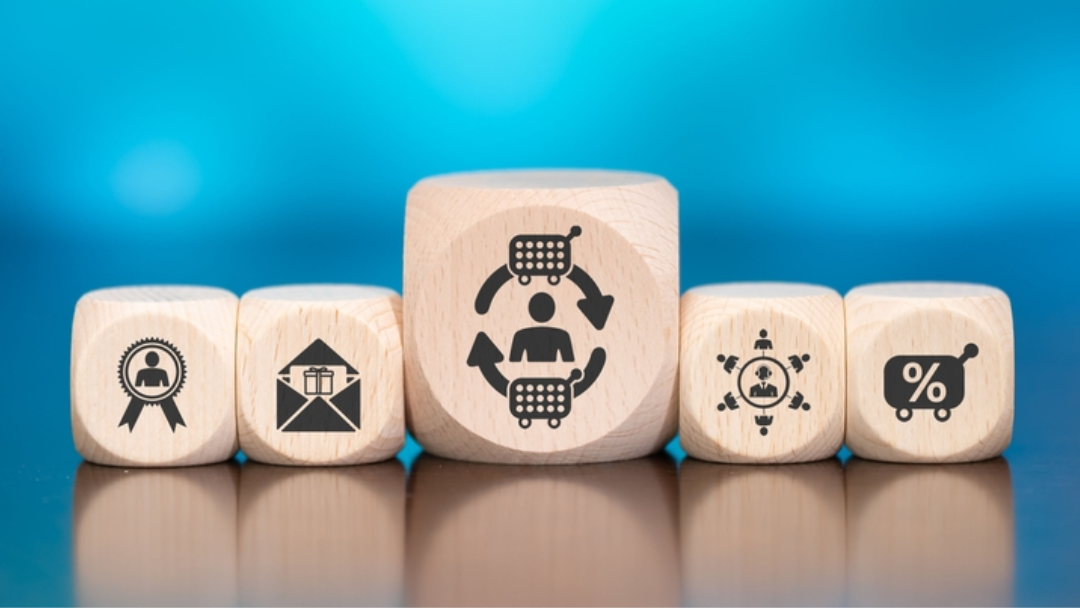
Loyalty programs can be highly effective for liquor store marketing in numerous ways:
1) Customer Retention: Loyalty programs incentivize repeat purchases by rewarding customers for their loyalty. By offering points, discounts, or exclusive perks for every purchase, you can encourage customers to return to your store instead of shopping elsewhere.
2) Increased Spending: Loyalty programs can motivate customers to spend more on each visit in order to earn rewards faster. By setting achievable milestones and offering enticing rewards, you can encourage customers to add more items to their basket or upgrade to higher-priced products.
3) Data Collection and Analysis: Loyalty programs provide valuable data about customer behavior, preferences, and purchase history. By analyzing this data, you can gain insights into your customers’ shopping habits, identify trends, and tailor your marketing efforts to better meet their needs.
4) Targeted Marketing: Armed with customer data from your loyalty program, you can personalize your marketing messages and promotions to specific customer segments. Whether it’s sending targeted email offers based on purchase history or recommending relevant products through your loyalty app, personalized marketing can increase engagement and drive sales.
5) Word-of-Mouth Referrals: Happy members of your loyalty program are likely to recommend your store to friends and family, leading to positive word-of-mouth referrals. Encourage members to refer others to your loyalty program by offering referral bonuses or discounts, expanding your customer base and driving sales.
6) Brand Advocacy: Loyalty program members who feel valued and appreciated are more likely to become brand advocates, promoting your store to others both online and offline. By offering excellent customer service and rewarding loyalty, you can turn your best customers into vocal supporters of your brand.
Overall, loyalty programs can help liquor stores increase customer retention, drive sales, gather valuable data, and cultivate a loyal customer base, ultimately leading to long-term business success.
5) Strategic Partnerships:
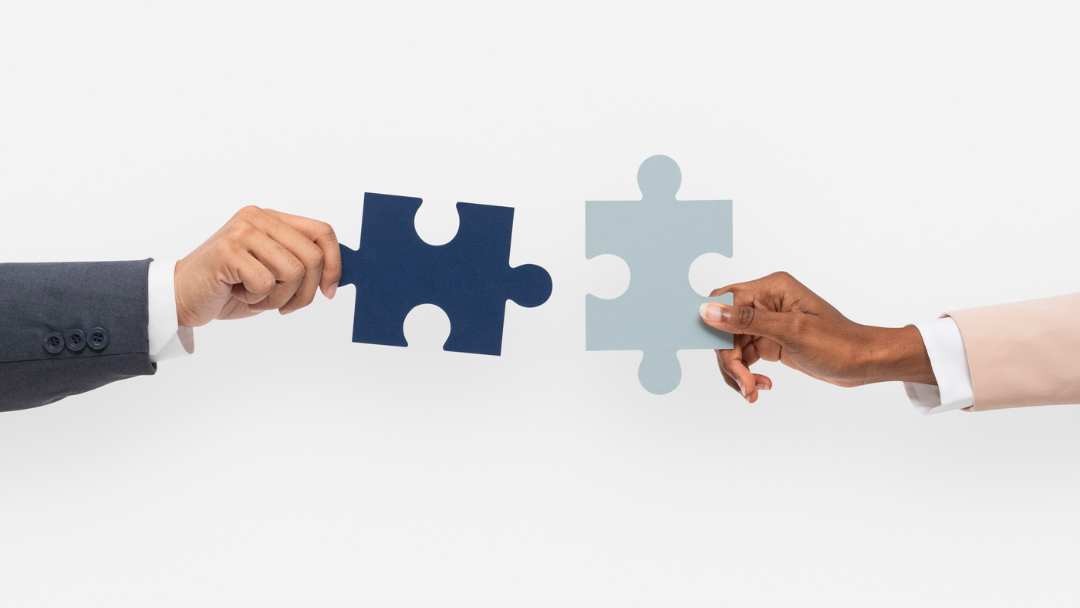
Strategic partnerships can be incredibly beneficial for liquor store marketing in several ways:
1) Expanded Reach: Partnering with complementary businesses such as restaurants, bars, or event venues allows liquor stores to tap into new customer bases. By cross-promoting each other’s products or services, you can reach audiences that may not have been exposed to your brand otherwise.
2) Joint Promotions: Collaborating with partners on joint promotions or campaigns can amplify your marketing efforts and increase visibility. For example, you could offer a special discount on wine purchases for customers who dine at a partner restaurant, or host a cocktail event at a local bar featuring spirits from your liquor store.
3) Enhanced Customer Experience: Strategic partnerships can enrich the customer experience by offering added value or convenience. For instance, you could partner with a local cheese shop to offer wine and cheese pairing events, providing customers with a unique and enjoyable experience that encourages repeat visits.
4) Cost Savings: By pooling resources with partners, liquor stores can reduce marketing costs and maximize ROI. Whether it’s sharing the expenses of advertising campaigns, event sponsorships, or promotional materials, strategic partnerships allow businesses to achieve their marketing objectives more efficiently.
5) Credibility and Trust: Partnering with reputable businesses can enhance your liquor store’s credibility and trustworthiness in the eyes of consumers. Associating your brand with trusted partners signals to customers that you value quality and reliability, which can positively influence their purchasing decisions.
6) Community Engagement: Strategic partnerships provide opportunities for liquor stores to engage with the local community and demonstrate their commitment to supporting other businesses. By participating in community events, sponsoring local initiatives, or collaborating on charitable endeavors, you can strengthen your brand’s ties to the community and foster goodwill.
Overall, strategic partnerships can help liquor stores increase brand awareness, reach new customers, enhance the customer experience, and drive sales, ultimately contributing to business growth and success.
SUMMING UP
The goal of marketing is to drive sales and generate revenue for the liquor store. By investing in effective marketing strategies that target the right audience, communicate the value proposition, and drive action, liquor stores can achieve sustainable growth and profitability over time.
